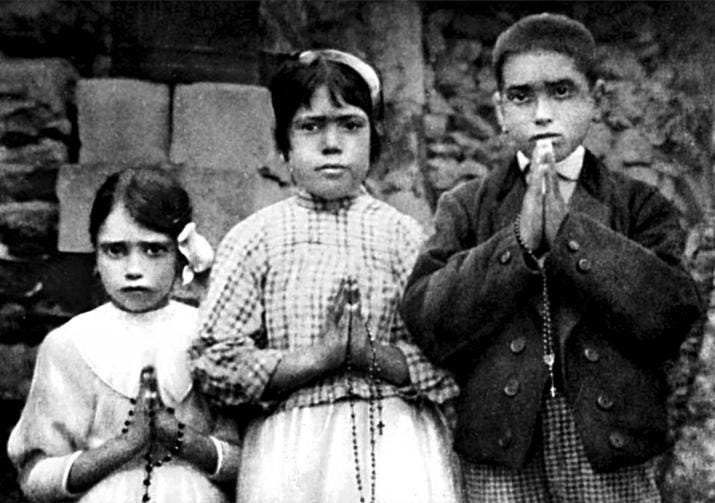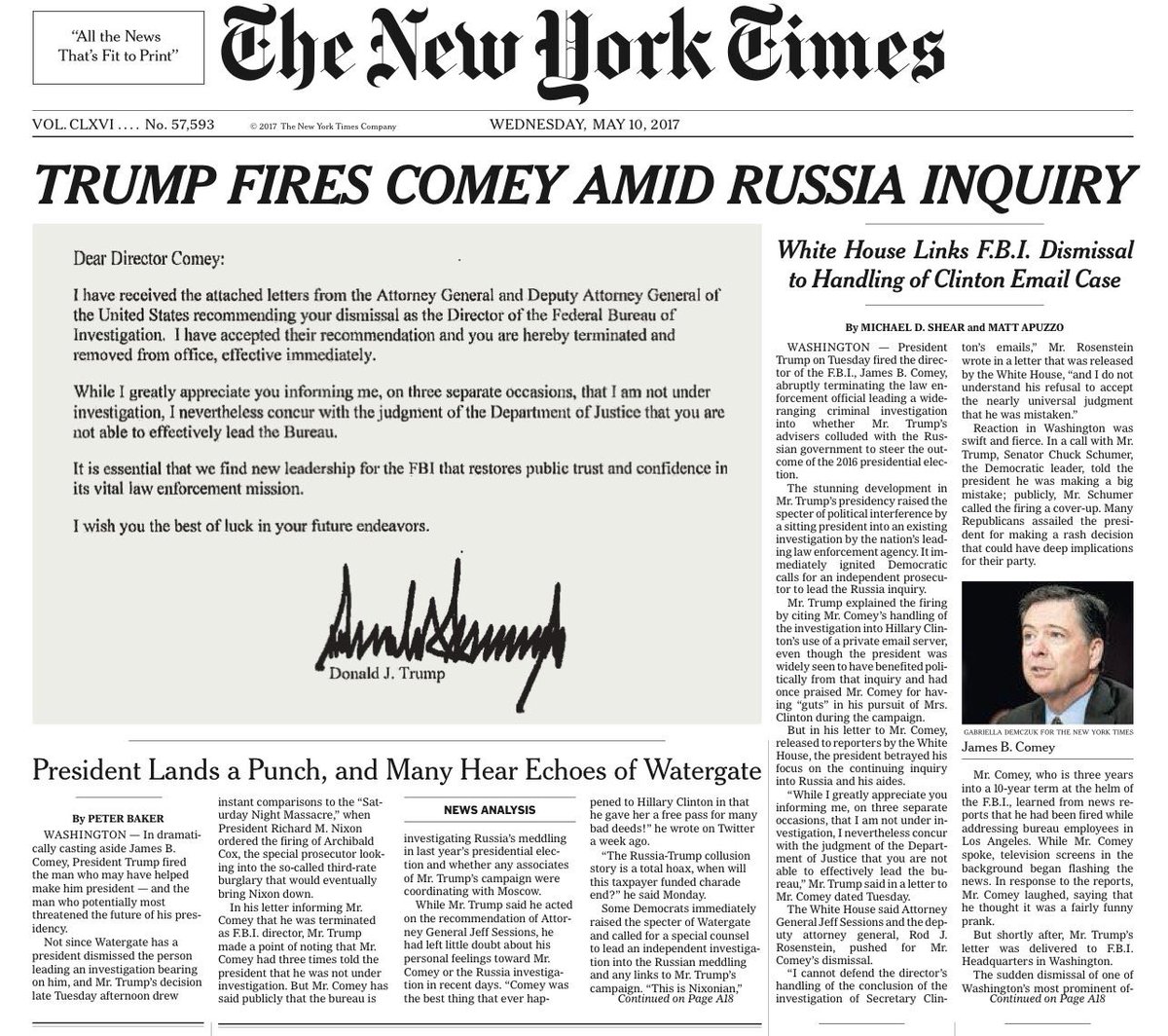
Jacinta, Lucia and Francisco.
Recently two of the children of Fatima were canonized by Pope Francis, and since I’d never known their story I dug in a bit. I found it unexpectedly generative, a word I once heard used in a writing workshop, and which has remained so useful to me. Finding a pocket of generativity (a word? it is now) is a gift.
Very briefly: in 1917, three shepherd children in Fatima, Portugal, aged 11, nine and seven, experienced multiple apparitions of Mary. During one, they were given “three secrets” about world events yet to come. Two of the children died shortly thereafter in the influenza epidemic; the third lived to the age of 97, and is expected to be canonized herself soon.
I’m not Catholic, nor a venerator of saints or of Mary. I don’t know how to explain the children’s (and the bystanders’) visions, or to vouch for their veracity or lack thereof. What’s generative to me here are the layers of hope and bravery and poverty and powerlessness, of personality and doggedness and culture and openness; and the similarities and differences between, and intersections of, faith and truth.
What does that have to do with politics? Nothing and everything.
The Children of Fatima
When you returned from the brown fields
with dust in your hair and your child hands grimy
from sheep and from play
and told your story, they laughed.
You told it again and they sighed.
You told it again and they screamed.
You told it again — out came the rod.
When you told it again, they called the priest;
then you told it again and they called the mayor;
then you told it again and they kidnapped you
and said they would boil you in oil
and carried you off one by one.
You told it again and they bombed you
you told it again and they gassed you
you told it again and they disappeared you
you told it again and the assassin raised his rifle
you told it again and you died alone
and as you told it again
the people crept close
mutely raising their sick, their dying
the sun was dancing
and
you told it again
I’m writing 100 days of resistance. Posts begin here.




